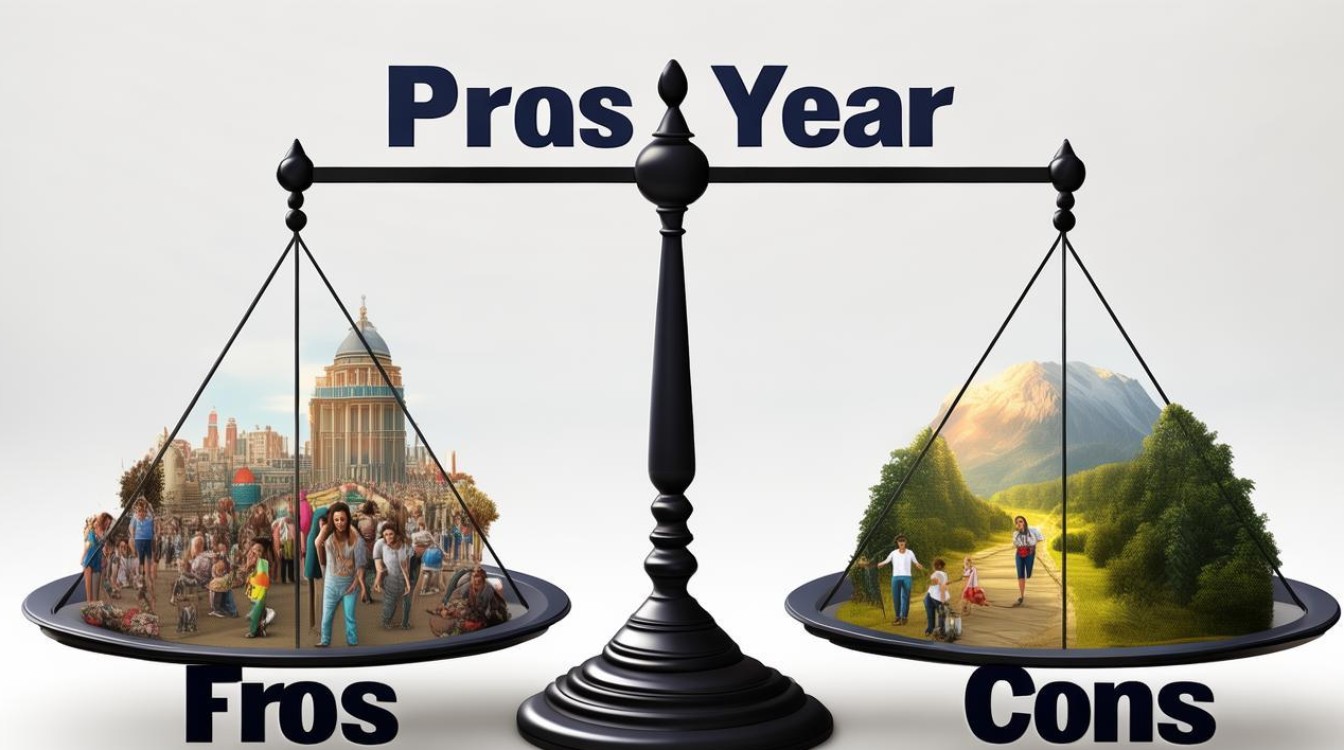In recent years, the concept of a gap year has gained popularity among students and young professionals. A gap year typically refers to a period, often taken after high school or before entering university, when individuals step away from formal education to explore other interests. While some view it as a valuable opportunity for personal growth, others argue it may delay academic progress. This article examines the advantages and disadvantages of taking a gap year to help readers make an informed decision.

Advantages of a Gap Year
-
Personal Growth and Self-Discovery
A gap year provides a unique chance for young adults to step outside their comfort zones. Traveling, volunteering, or working during this time can foster independence, resilience, and problem-solving skills. Many students return from a gap year with a clearer sense of purpose and direction, which can positively influence their future academic and career choices. -
Gaining Real-World Experience
Classroom learning is essential, but real-world experiences offer lessons that textbooks cannot. Internships, part-time jobs, or volunteer work during a gap year allow individuals to develop practical skills such as communication, teamwork, and time management. These experiences can make resumes more competitive and provide valuable networking opportunities. -
Avoiding Burnout
After years of rigorous schooling, some students feel mentally exhausted. A gap year offers a break from academic pressures, allowing them to recharge before committing to higher education. Studies suggest that students who take a structured gap year often perform better in university because they return with renewed motivation.
-
Cultural Exposure and Global Awareness
Traveling or living abroad during a gap year exposes individuals to different cultures, languages, and perspectives. This broadens their worldview, enhances adaptability, and fosters empathy—qualities increasingly valued in today’s interconnected society.
Disadvantages of a Gap Year
-
Potential Loss of Academic Momentum
For some, stepping away from formal education can make it harder to return to a structured learning environment. Without a clear plan, students might struggle to readjust to academic routines, leading to decreased performance or even dropout risks. -
Financial Costs
Depending on how it’s spent, a gap year can be expensive. Travel, unpaid internships, or volunteer programs may require significant savings or parental support. Without careful budgeting, students could face financial strain, limiting their options later.
-
Social and Peer Pressure
Watching friends progress directly to university or careers while taking time off can create feelings of isolation or self-doubt. Societal expectations often pressure students to follow traditional paths, making it challenging to justify a gap year to family or employers. -
Risk of Wasting Time
Without clear goals, a gap year might become unproductive. Some individuals end up spending the year without gaining meaningful experiences, which could have been better used pursuing education or career opportunities.
Making the Most of a Gap Year
To maximize benefits, planning is crucial. Setting specific objectives—whether learning a skill, saving money, or gaining work experience—helps ensure the time is well spent. Structured programs, such as volunteering with reputable organizations or enrolling in short courses, can provide direction. Additionally, documenting experiences through journals or portfolios can help reflect on growth and showcase achievements to future employers or universities.

Final Thoughts
A gap year is neither inherently good nor bad—its value depends on how it’s utilized. For those seeking personal development, real-world exposure, or a mental reset, it can be transformative. However, without careful planning, it may lead to setbacks. Ultimately, the decision should align with individual goals, financial situations, and long-term aspirations.


